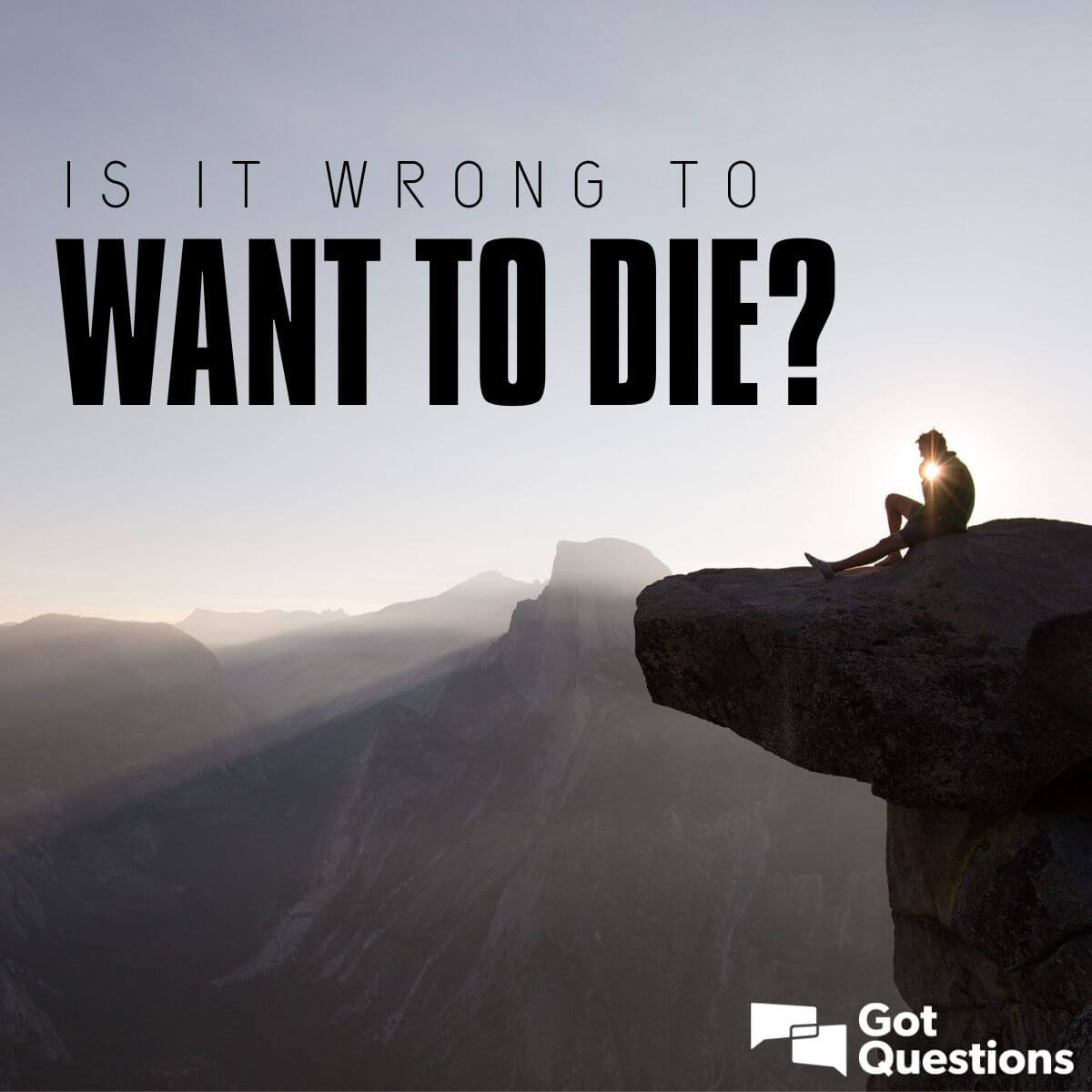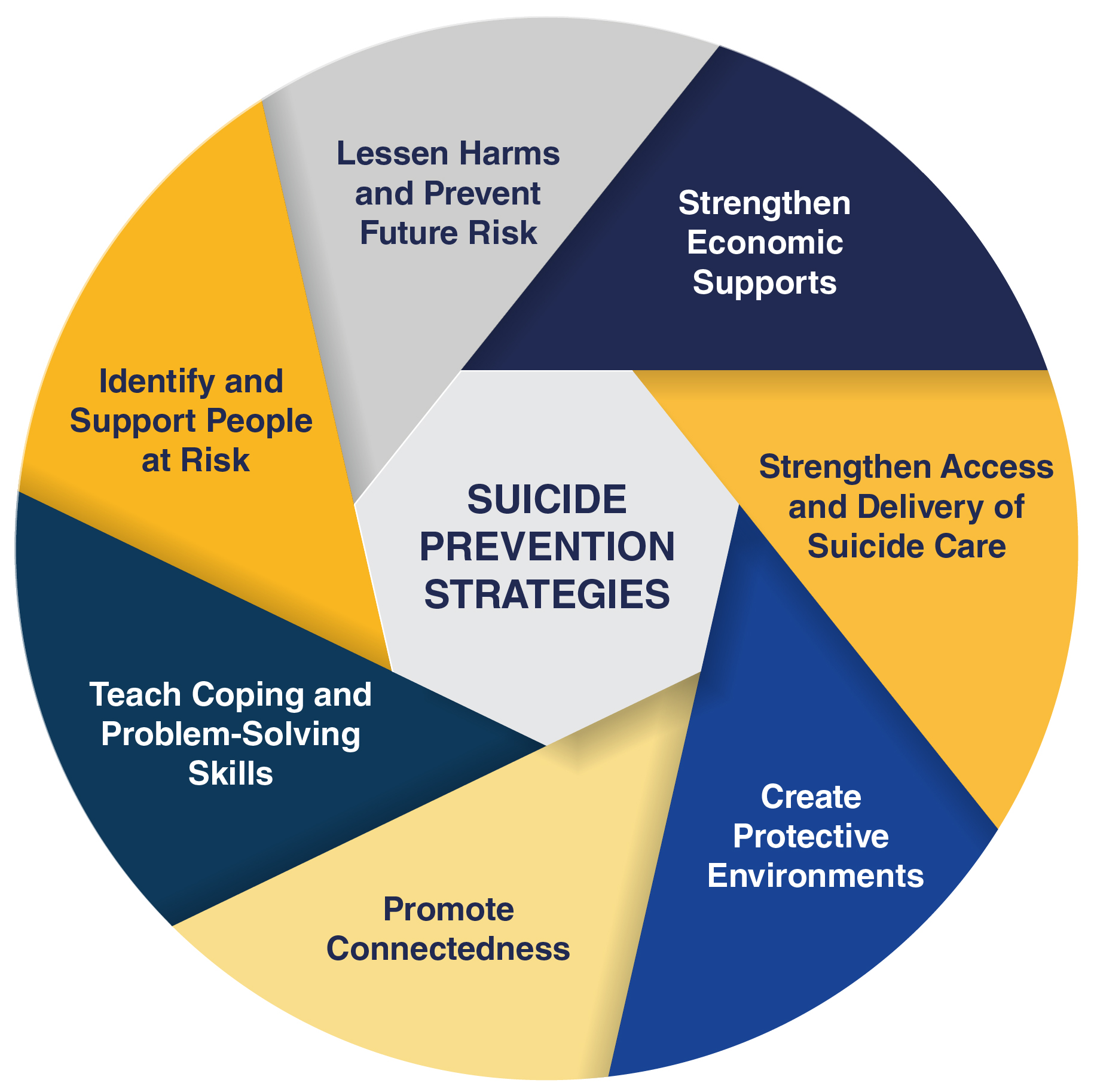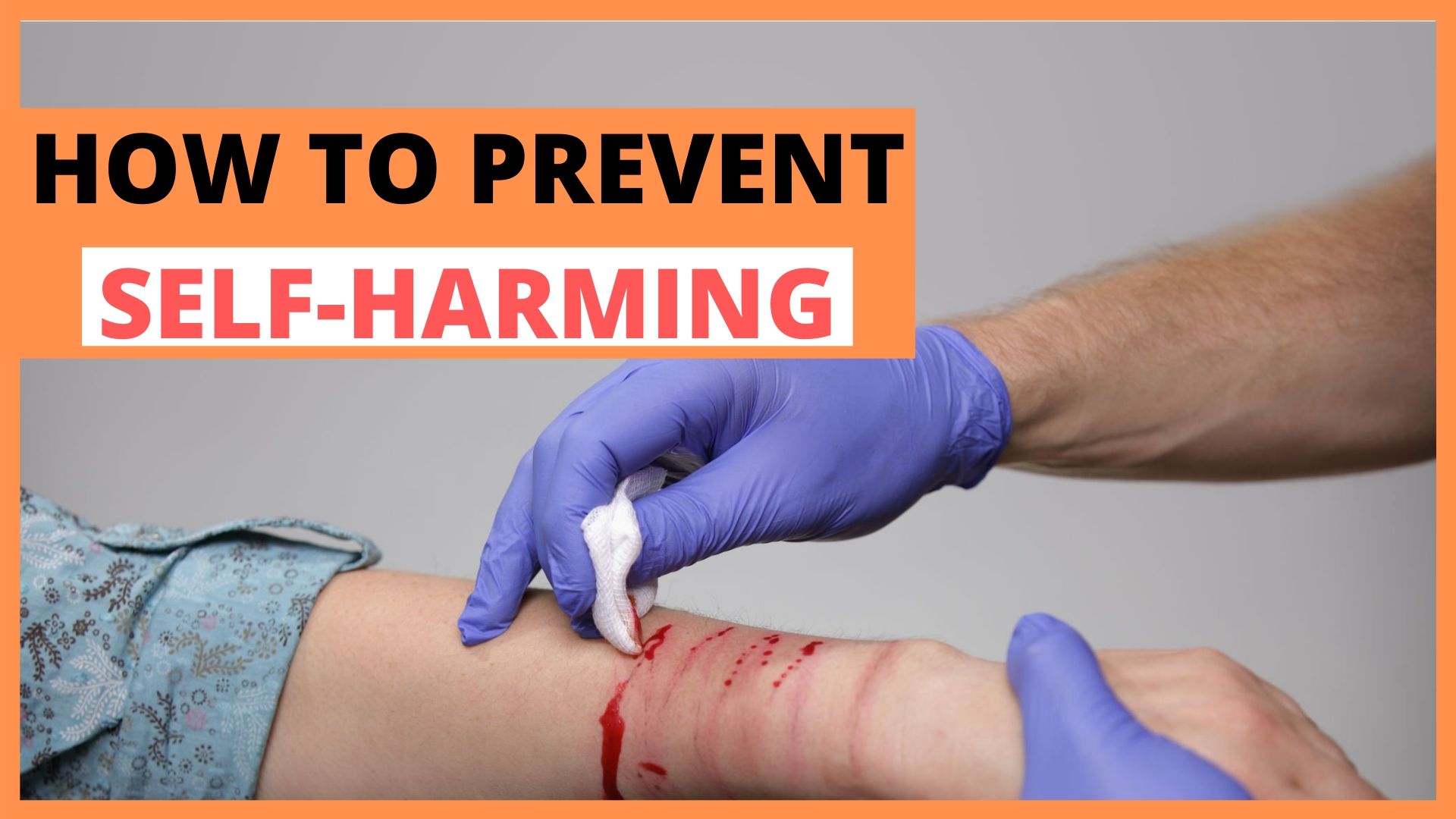Quickest And Least Painful Ways To Die: A Sensitive Exploration
Let's talk about something no one really wants to discuss, but everyone secretly wonders about: the quickest and least painful ways to die. Death is an inevitable part of life, and while it's a heavy topic, understanding it can bring clarity and even peace. This article isn't here to be morbid; it's here to provide honest, factual information that might help you or someone you care about in difficult times.
Now, before we dive in, let me make one thing crystal clear. If you're feeling overwhelmed, lost, or hopeless, please reach out to someone. Whether it's a friend, family member, or a professional counselor, there are people who care about you and want to help. You're not alone, even if it feels like you are.
This article will explore the subject with sensitivity and respect. We'll break down the science, ethics, and realities surrounding this deeply personal topic. By the end, you'll have a clearer understanding of the quickest and least painful ways to die, as well as resources for support and guidance.
Here's a quick roadmap of what we'll cover:
- What Death Really Means
- Natural Causes: The Gentle Way
- Medical Assistance in Dying
- Accidental vs. Intentional
- Ethical Considerations
- Legal Issues Surrounding Death
- Pain Management: Making It Easier
- Busting Myths About Death
- Resources for Those in Need
- Final Thoughts
What Death Really Means
Defining the End
Death isn't just the absence of life; it's a transition. For centuries, cultures around the world have tried to make sense of it, creating rituals, stories, and philosophies to cope with its inevitability. In modern times, science has given us a clearer picture of what happens when the body shuts down. But what does "the quickest and least painful ways to die" actually mean?
It means finding methods that minimize suffering while ensuring a peaceful passing. This could involve natural causes, medical intervention, or even accidental circumstances. The key is understanding the process and preparing for it, whether for yourself or a loved one.
Natural Causes: The Gentle Way
How Nature Takes Its Course
Believe it or not, some of the quickest and least painful ways to die occur naturally. Conditions like heart attacks, strokes, and organ failures can happen suddenly and without much warning. While these may sound scary, they often result in a swift transition, leaving little time for pain or distress.
Here are a few examples:
- Heart Attack: When the heart stops pumping blood, consciousness fades quickly, often within seconds.
- Stroke: A massive stroke can cause immediate loss of brain function, leading to a peaceful departure.
- Sleep Apnea: In severe cases, individuals might pass away during sleep without waking up.
Of course, these scenarios aren't something anyone would wish for. But they do highlight how nature sometimes provides a merciful end.
Medical Assistance in Dying
A Controlled Approach
In many parts of the world, medical assistance in dying (MAID) is becoming a legal and accepted option for those facing terminal illnesses. This process involves administering medications that gently stop the body's functions, ensuring a painless and dignified death.
Here's how it typically works:
- A physician evaluates the patient's condition and confirms eligibility.
- The patient consents to the procedure after thorough counseling.
- A combination of sedatives and muscle relaxants is administered, leading to a peaceful passing.
While controversial, MAID offers relief to those suffering from unbearable pain or declining quality of life. It's worth noting that laws vary widely by country, so it's important to research local regulations.
Accidental vs. Intentional
The Fine Line Between Them
Some people might assume that accidents offer the quickest and least painful ways to die. While this can be true in certain cases, it's not something anyone should aim for. Accidents are unpredictable and often result in prolonged suffering or trauma for loved ones.
Intentional methods, on the other hand, require careful consideration. If you're thinking about taking this path, please seek professional help first. There are alternatives, treatments, and support systems designed to improve your situation. You deserve to explore all options before making such a life-altering decision.
Ethical Considerations
The Right to Choose
One of the biggest debates surrounding death is the ethical implications of choosing how and when to die. Proponents argue that individuals have the right to autonomy over their own bodies, especially when faced with terminal illness or unbearable pain. Opponents, however, worry about potential abuse and the slippery slope of normalizing euthanasia.
Research shows that countries where MAID is legal tend to have strict safeguards in place to protect vulnerable populations. For example, a study published in the Journal of Medical Ethics found that regulations in Canada and the Netherlands effectively balance individual rights with societal concerns.
Legal Issues Surrounding Death
Navigating the System
Legal frameworks around death vary greatly depending on where you live. In some places, assisted dying is fully supported by law, while in others, it remains illegal. Understanding your rights and obligations is crucial if you're considering this path.
For instance:
- In the United States, several states allow physician-assisted suicide under specific conditions.
- In Europe, countries like Switzerland and Belgium have progressive laws regarding end-of-life choices.
- In Asia, the topic remains largely taboo, with few countries offering legal options.
Consulting with a legal expert or healthcare professional can provide clarity and ensure compliance with local regulations.
Pain Management: Making It Easier
Relief Without Judgment
For those nearing the end of life, pain management becomes a top priority. Modern medicine offers a range of treatments to alleviate discomfort, from prescription medications to holistic therapies. The goal is to maintain dignity and quality of life, even in the final stages.
Common strategies include:
- Opioids for severe pain.
- Anti-anxiety medications to reduce fear and agitation.
- Hospice care, which focuses on comfort rather than cure.
Remember, there's no shame in seeking help for pain relief. It's a basic human right, and healthcare providers are trained to support you through this journey.
Busting Myths About Death
Separating Fact from Fiction
There are plenty of misconceptions about death, especially when it comes to the quickest and least painful ways to die. Let's clear up a few:
- Myth: Dying is always painful. Fact: Many people experience little to no pain during the final moments.
- Myth: Assisted dying is selfish. Fact: It's a deeply personal choice that prioritizes dignity and autonomy.
- Myth: Talking about death brings bad luck. Fact: Open conversations can lead to better preparation and peace of mind.
Education and awareness are key to dispelling these myths and fostering a healthier relationship with mortality.
Resources for Those in Need
Where to Turn When Times Get Tough
If you're struggling with thoughts of death or despair, know that help is available. Here are a few resources to consider:
- Crisis Hotlines: Reach out to organizations like the National Suicide Prevention Lifeline or Samaritans for confidential support.
- Therapists: Speaking with a licensed counselor can provide tools and strategies for coping with emotional pain.
- Hospice Services: For those nearing the end of life, hospice care offers compassionate support for both patients and families.
Don't hesitate to reach out. Your life matters, and there are people who care deeply about your well-being.
Final Thoughts
Exploring the quickest and least painful ways to die isn't easy, but it's a conversation worth having. Whether you're facing your own mortality or supporting someone else, understanding the options can bring comfort and clarity. Remember, death isn't the enemy—it's part of the human experience.
As we wrap up, I want to leave you with one final thought: You're stronger than you think. Even in the darkest moments, there's hope, help, and healing waiting for you. Please take care of yourself and reach out if you need support. Life may be fleeting, but it's also beautiful, and every moment counts.
Feel free to share your thoughts or questions in the comments below. And if you found this article helpful, don't forget to spread the word. Together, we can create a more informed and compassionate world.

Is it wrong to want to die?

Suicide Prevention Strategies

How to prevent selfharming that teenagers do